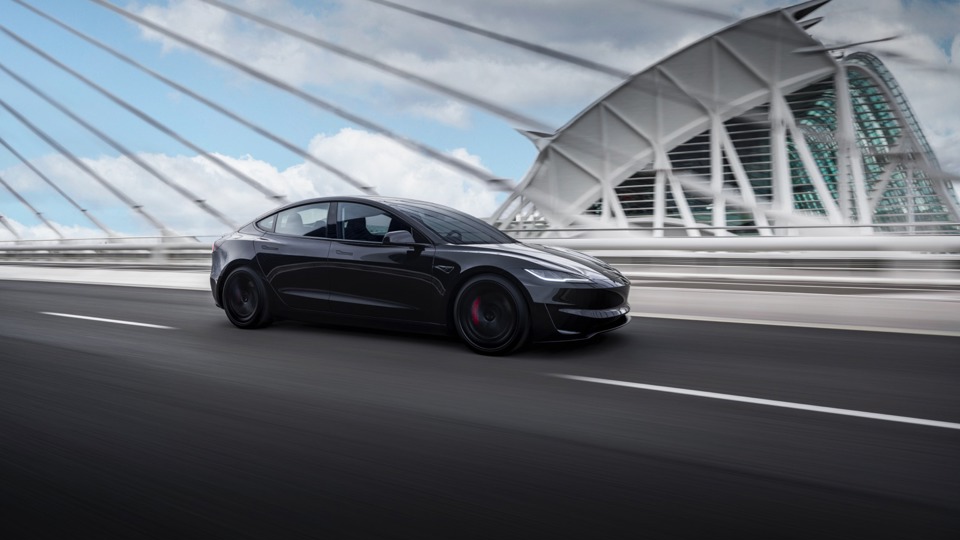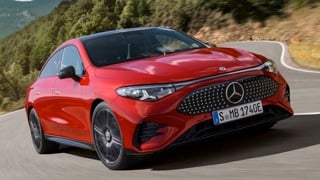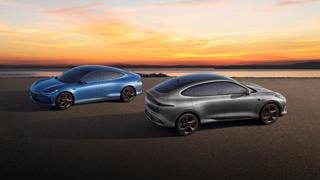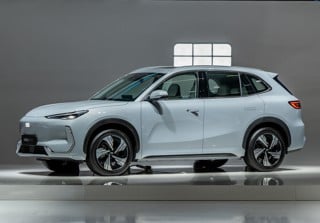New proposed tariffs on Chinese imports of battery electric vehicles (BEVs) have been published, with Tesla receiving a significant cut to the previously suggested rate.
In June, the European Commission proposed that Tesla imports into the EU from China would be subject to a tariff of 21%.
However, after Tesla submitted a request for an “individual examination” to determine its duty level based on the specific subsidies it received, the proposed tariff has been cut to just 9%.
The Commission said: “Any differences in duty levels reflect the varying levels of subsidisation among the different schemes, which were affected by various elements, such as the level of cooperation and the different organisational structures in areas like financing.”
There were also slight adjustments to the proposed duty rates for other manufacturers, with BYD now facing a 17% tariff on its vehicles, down from the 17.4% previously announced.
A tariff of 20% on Geely product has been cut to 19.3%, while the 38.1% faced by SAIC imports has been reduced to 36.3%.
Other cooperating companies, says the Commission, will be subject to a 21.3% tariff, with all other non-cooperating manufacturers hit with a 36.3% uplift.
Tariffs will be added to a 10% duty already levied on imports of BEVs.
The decision to introduce tariffs was based on growing concerns about the recent and rapid rise in low-priced exports of electric vehicles coming from China to the EU, with the Commission concluding that Chinese EV makers benefit from domestic subsidies that undercut European rivals.
Data from Rho Motion shows that in 2023 just shy of half a million EVs were sold in the EU which were imported from China making up nearly one-third of the total EVs bought.
Of the vehicles imported last year, 79% were from Western brands, predominantly Tesla, which accounted for more than half of all the BEVs imported but with significant volumes also from manufacturers such as Volvo (Geely-owned) and Dacia.
A further 15% of imports can be attributed to MG which, while a fully Chinese-owned company (SAIC), has brand heritage in the European market.
Excluding those mentioned, the remainder made up just over 6% of EV imports into the EU last year.
Manufacturers now have 10 days - until August 30 - to provide comments and request hearings on the proposed tariffs.
Once the Commission has assessed the comments received by interested parties, the draft regulation will be submitted to the Trade Defence Instruments Committee (TDC) for a vote by member states, with a decision published by October 30, at the latest.
Any potential measures will be in force for five years.























Login to comment
Comments
No comments have been made yet.